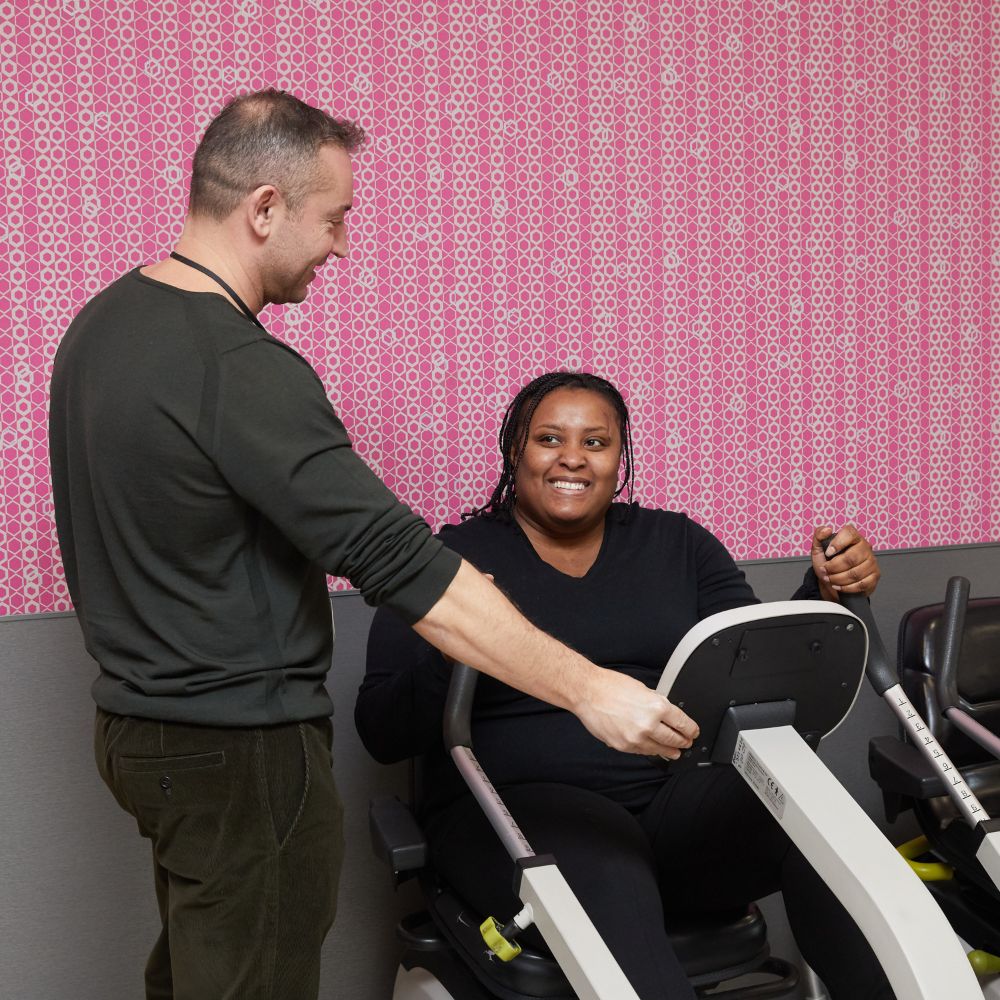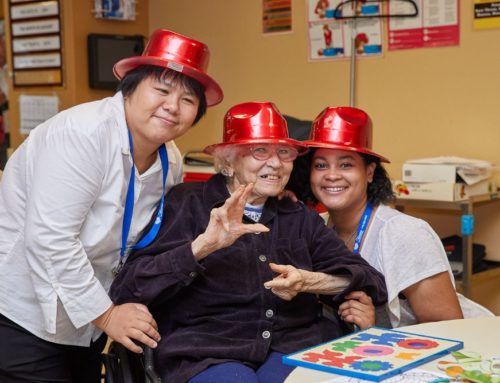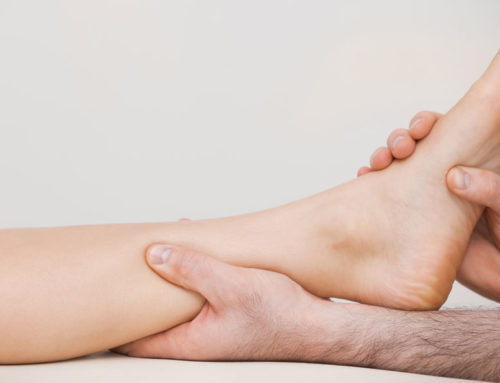Beat Prolonged Fatigue After Surgery With Easy Steps
Experiencing fatigue after surgery, whether the procedure was minor or major, is a common occurrence. The body expends a significant amount of energy in the post-surgery period as it engages in the healing process. The immune response activated during this time can contribute to physical exhaustion.
Although feeling tired after surgery may be normal, it becomes a problem when it never ends. Effective approaches include adopting proper eating and hydration habits, engaging in an exercise training program, and incorporating restorative therapies such as physical and occupational therapy. Taking a calm and relaxed approach is also beneficial, as emotional stress can make it worse.
It is important to note that the information provided is strictly informational, and individuals should consult their doctor before making any alterations to the activities discussed.

Overcome Fatigue After Surgery With These Steps
While the duration of the healing process varies, there are numerous strategies to overcome post-surgical fatigue. Several simple changes can be implemented to combat fatigue after surgery, promoting increased energy levels and expediting the healing process.
- Take great care of your mental health and stay positive
Worrying too much about anything and everything can make your extreme fatigue after surgery even worse. Avoid emotional stress and stay positive as it is crucial for recovery and fatigue management. Maintaining a positive and happy outlook can positively impact the recovery process.
Also, use pain medication judiciously, as excessive use can exacerbate fatigue
- Exercise
Exercising can enhance strength and reduce fatigue. After surgery, many experience decrease in muscle force and energy. Depending on your own condition, you may want to start with small exercises a few times a day, gradually increasing intensity. Seeking assistance from a trained physical or occupational therapist is advisable until sufficient strength is regained.
Insufficient movement or excessive activity can both hinder recovery, emphasizing the importance of following medical advice and therapist recommendations. This ensures a proper recovery with minimal complications.
- Eat clean
Consuming balanced meals is essential to combat prolonged fatigue after surgery. Including plant-based, iron-rich foods, such as legumes, green vegetables, meat, and nuts, can boost hemoglobin levels. But make sure to consult your health provider on your diet also.
- Avoid dehydration
Adequate hydration is crucial. Drinking plenty of water and fluids improve blood circulation and aids in toxin removal.
- Avoid caffeine
While fluids are important, it’s advisable to steer clear of caffeinated beverages like coffee and soft drinks to beat fatigue after surgery. Although they provide an energy boost, the subsequent crash can be counterproductive. Limited caffeine intake is acceptable, but daily consumption should be avoided.
- No alcohol
Especially if on medication, alcohol should be avoided as it weakens and slows the body.
Duration of post-surgical fatigue
The duration of fatigue after surgery varies based on the nature of the procedure. More intensive surgeries generally entail longer recovery times, including persistent fatigue. Factors such as medication, anesthesia, sleep quality, fasting, blood loss, emotional stress, and age can also influence recovery duration.
Make sure to adhere to the recommendations of your physician or rehab therapist. Doing so will help guarantee a proper recovery from your surgery with the least number of complications.
Resources:
https://pubmed.ncbi.nlm.nih.gov/8511917/
https://www.nhs.uk/conditions/having-surgery/recovery/
https://www.brighamandwomens.org/assets/BWH/surgery/pdfs/surgical-oncology/post-op-activities-10-18-16.pdf
https://www.aafp.org/pubs/afp/issues/2008/1115/p1173.html
This article is for educational and informational purpose only and does not substitute for professional medical advice. For any questions about your own health condition, speak to a qualified physician or healthcare provider.







Leave A Comment